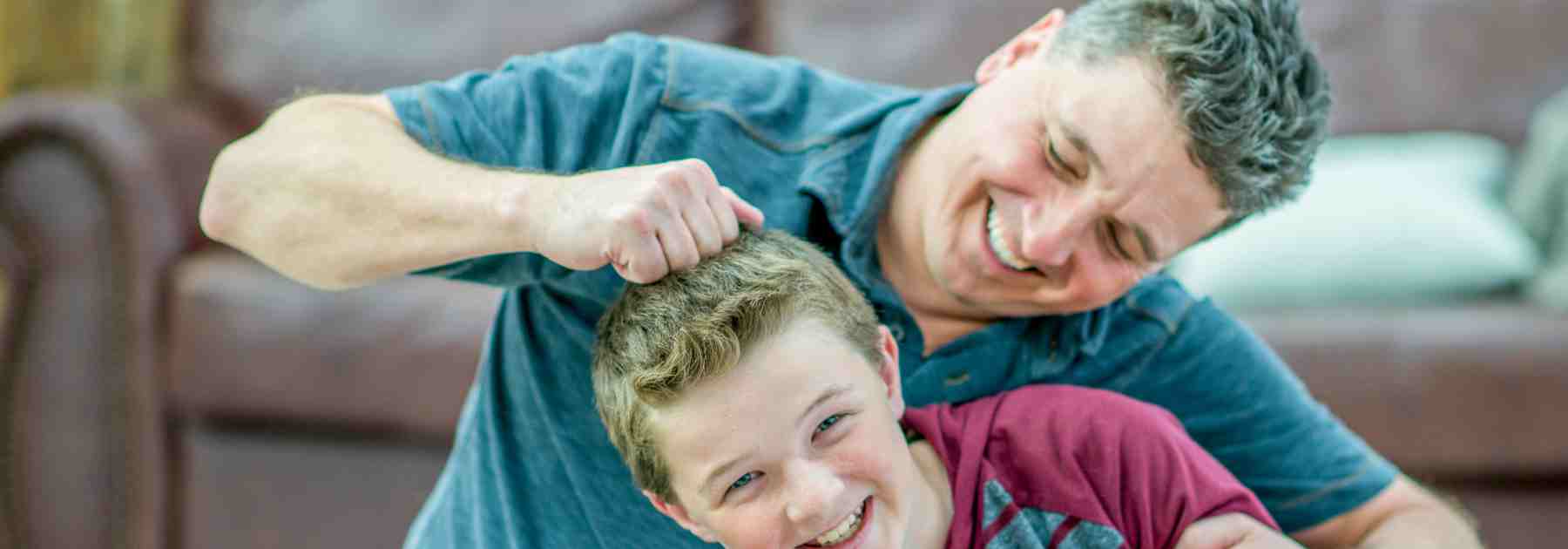Creatine is one of the most well-researched and widely used supplements in the fitness world, often linked with increased strength and muscle mass. However, it has also become a topic of debate regarding a potential side effect: hair loss. At Simply Meds Direct, we take your health concerns seriously. Our pharmacy team has compiled this FAQ to help you separate fact from fiction.
What is Creatine?
Creatine is a naturally occurring compound found in muscle cells. It helps produce energy during high-intensity exercise or heavy lifting. While your body makes some creatine, it’s also available through protein-rich foods and supplements, most commonly in the form of creatine monohydrate.
Does Creatine Cause Hair Loss?
There’s ongoing discussion about whether creatine may contribute to hair loss, but no clear scientific consensus currently exists. Some people have raised concerns due to the supplement’s potential influence on hormone levels, which in theory could affect hair follicles in individuals who are already prone to thinning. However, there’s no strong evidence to confirm a direct link between creatine use and hair loss. Most people use creatine without experiencing any changes in hair condition, but individual responses can vary.

What is DHT and Why Does it Matter?
DHT (dihydrotestosterone) is a derivative of testosterone and plays a role in developing male characteristics. Unfortunately, in those genetically prone to androgenetic alopecia (male or female pattern hair loss), DHT can bind to hair follicle receptors and cause them to shrink, leading to thinning hair over time.
If creatine does increase DHT levels slightly, this could hypothetically speed up hair loss in people already predisposed to it. However, for the majority of users without this genetic factor, it’s unlikely to have a significant impact.
Has Hair Loss Been Reported by Creatine Users?
Some anecdotal reports online claim hair thinning after starting creatine supplementation. However, these are not backed by controlled clinical trials. Hair loss can be influenced by many factors: stress, diet, medications, genetics, and even overtraining. Without proper study controls, it’s impossible to attribute the cause to creatine alone.
Are All Types of Creatine the Same in This Regard?
Most available evidence, including the 2009 study, focused on creatine monohydrate, the most common and researched form. There’s no reliable data suggesting other forms like creatine ethyl ester or creatine hydrochloride differ in their effect on DHT levels. Until more research is conducted, it’s safest to treat all forms similarly regarding this concern.
Should I Stop Taking Creatine If I’m Concerned About Hair Loss?
If you have a family history of hair thinning or are already experiencing hair loss, it may be worth erring on the side of caution. You could either avoid creatine altogether or monitor your hair condition closely while using it.
That said, if you’re not genetically prone to hair loss, there’s currently no solid evidence to suggest creatine will cause it. If muscle strength, training performance, or recovery are your priorities, creatine remains one of the most effective and safe supplements when taken at recommended doses.
Can I Take Anything to Counteract the Potential Effects on Hair?
If you’re concerned about hair loss (whether due to creatine or otherwise) there are treatment options available. Topical minoxidil (commonly known by the brand name Regaine) and oral finasteride are widely used for male pattern hair loss. These medications help combat DHT’s effect on hair follicles.
However, it’s essential to consult a healthcare professional before starting any hair loss treatment. At Simply Meds Direct, our pharmacy team is happy to offer guidance and direct you to appropriate solutions.

What Should I Do If I Think Creatine Is Affecting My Hair?
First, try to assess whether other factors could be contributing to hair loss, such as recent stress, illness, changes in diet, or medications. You may consider pausing creatine use for a few months to see if there’s any improvement.
If hair loss continues, a consultation with your GP or a trichologist (a hair and scalp specialist) may be helpful. You can also reach out to our pharmacy team for personalised support.
A Balanced and Informed Approach
The concern around creatine and hair loss mainly stems from a single small study and anecdotal experiences. While there is a theoretical link via increased DHT levels, there is no conclusive evidence that creatine causes hair loss in the general population.
At Simply Meds Direct, we always encourage a balanced and informed approach. Creatine is a safe and effective supplement for many people, but like any product, it may not be suitable for everyone. If you’re concerned about your hair health or any other side effects, we’re here to help.
If you have any further questions, don’t hesitate to contact our pharmacy team for expert advice tailored to your needs.
This blog was written on behalf of Simply Meds Direct by Pharmacy Mentor.
